Donald Rodney
Visceral Canker
28 Sep 2024 - 05 Jan 2025
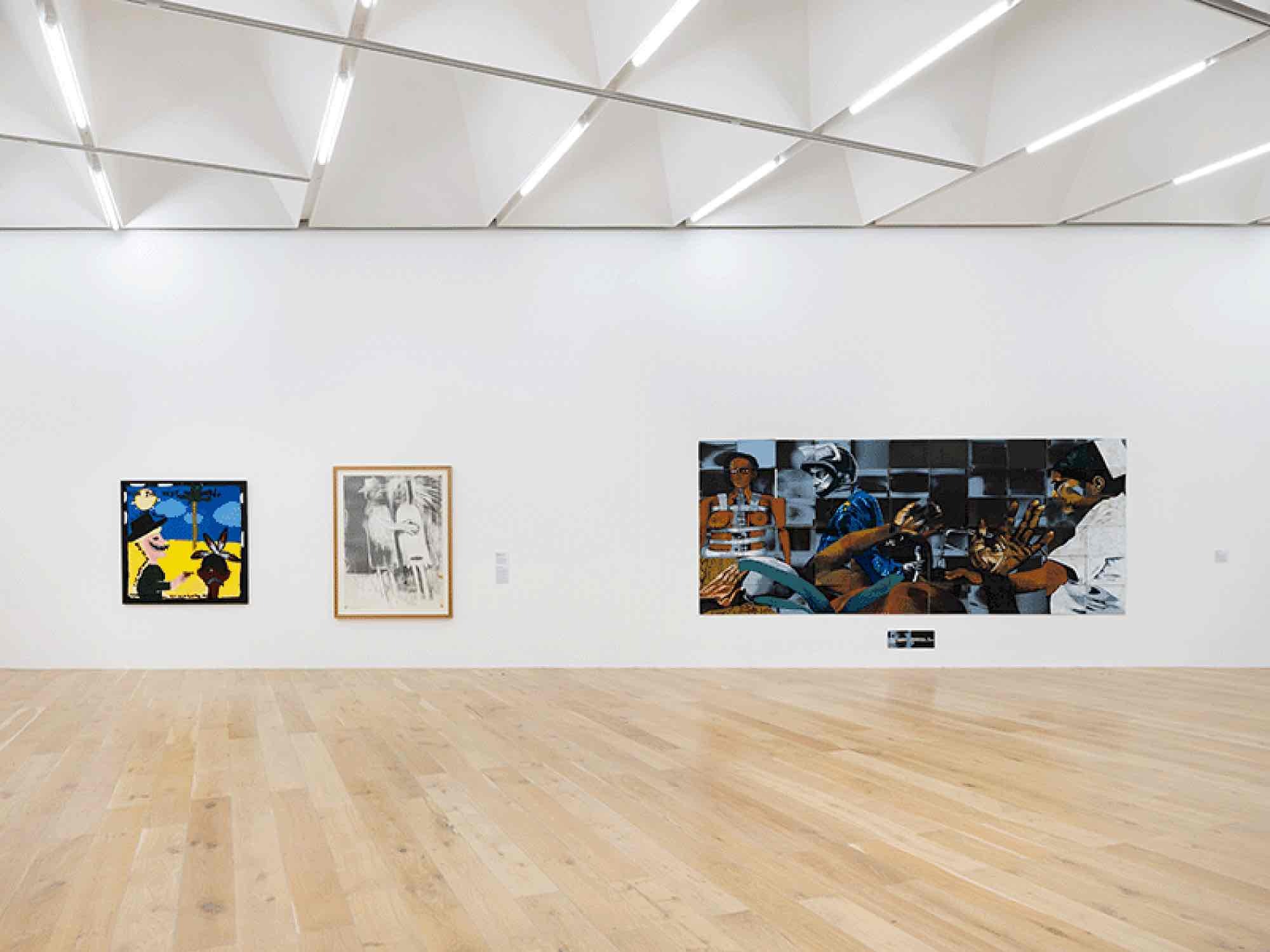
Donald Rodney: Visceral Canker installatiom view at Nottingham Contemporary, 2024. Photo: Lewis Ronald
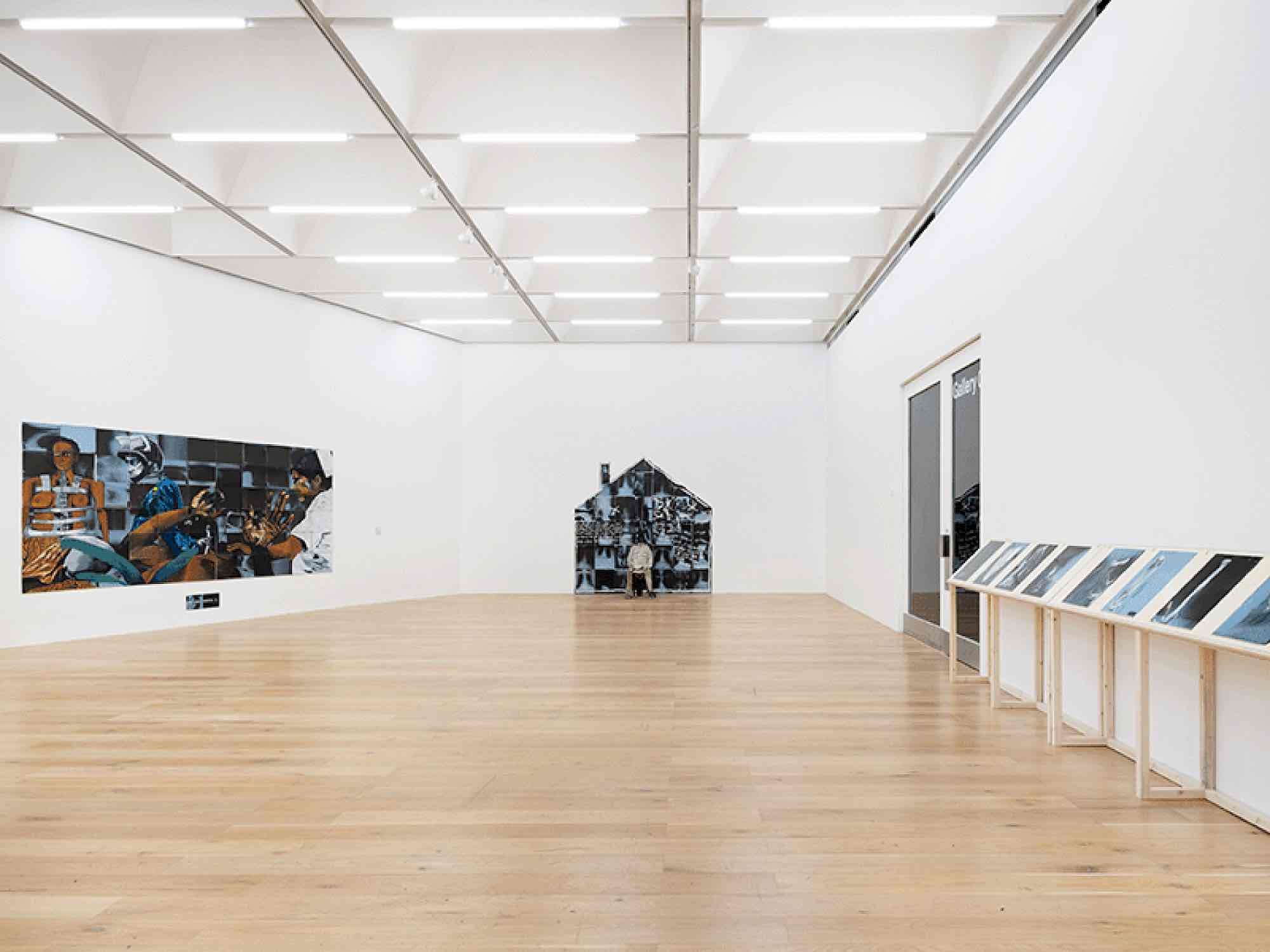
Donald Rodney: Visceral Canker installatiom view at Nottingham Contemporary, 2024. Photo: Lewis Ronald
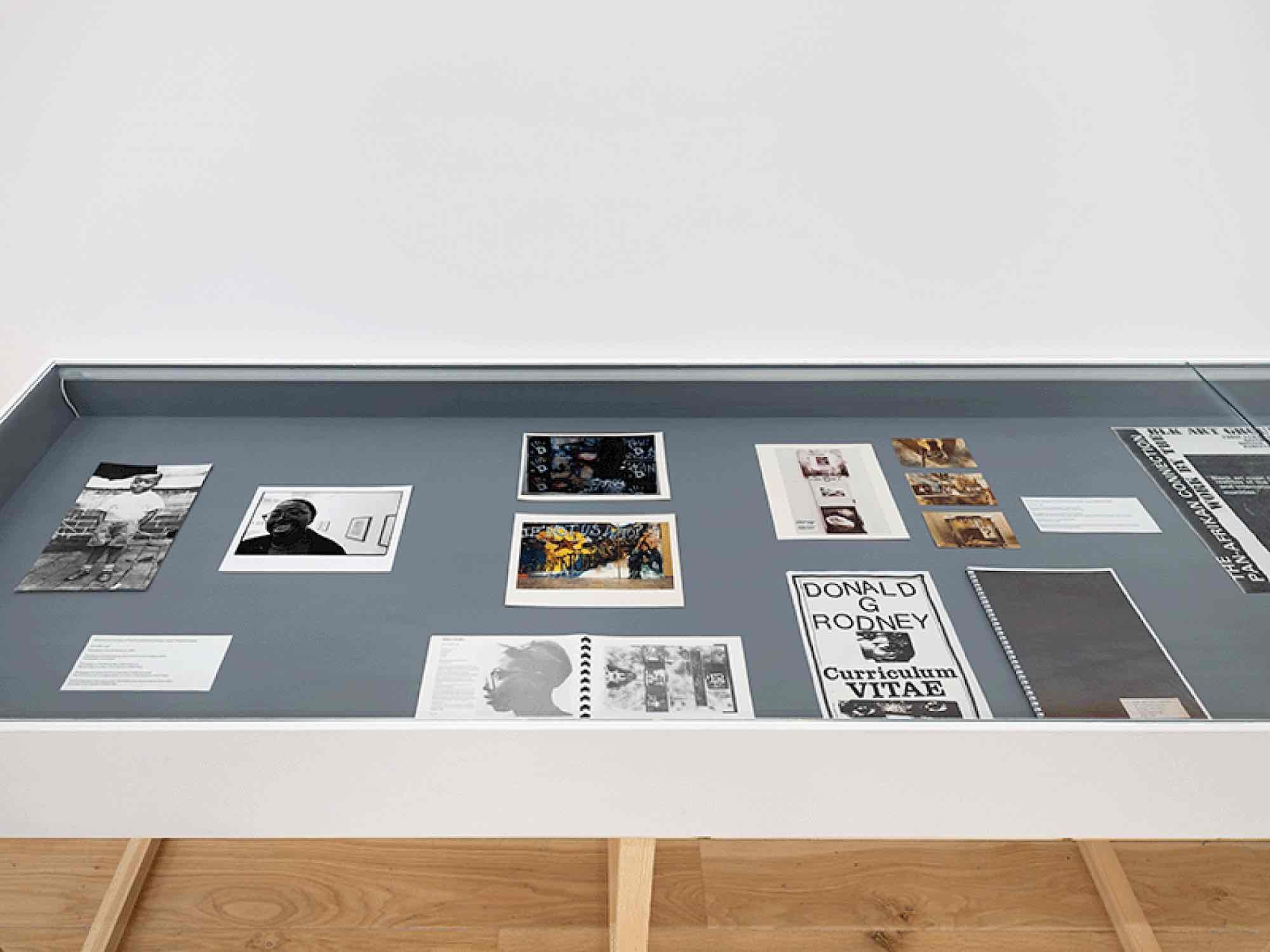
Donald Rodney: Visceral Canker installatiom view at Nottingham Contemporary, 2024. Photo: Lewis Ronald
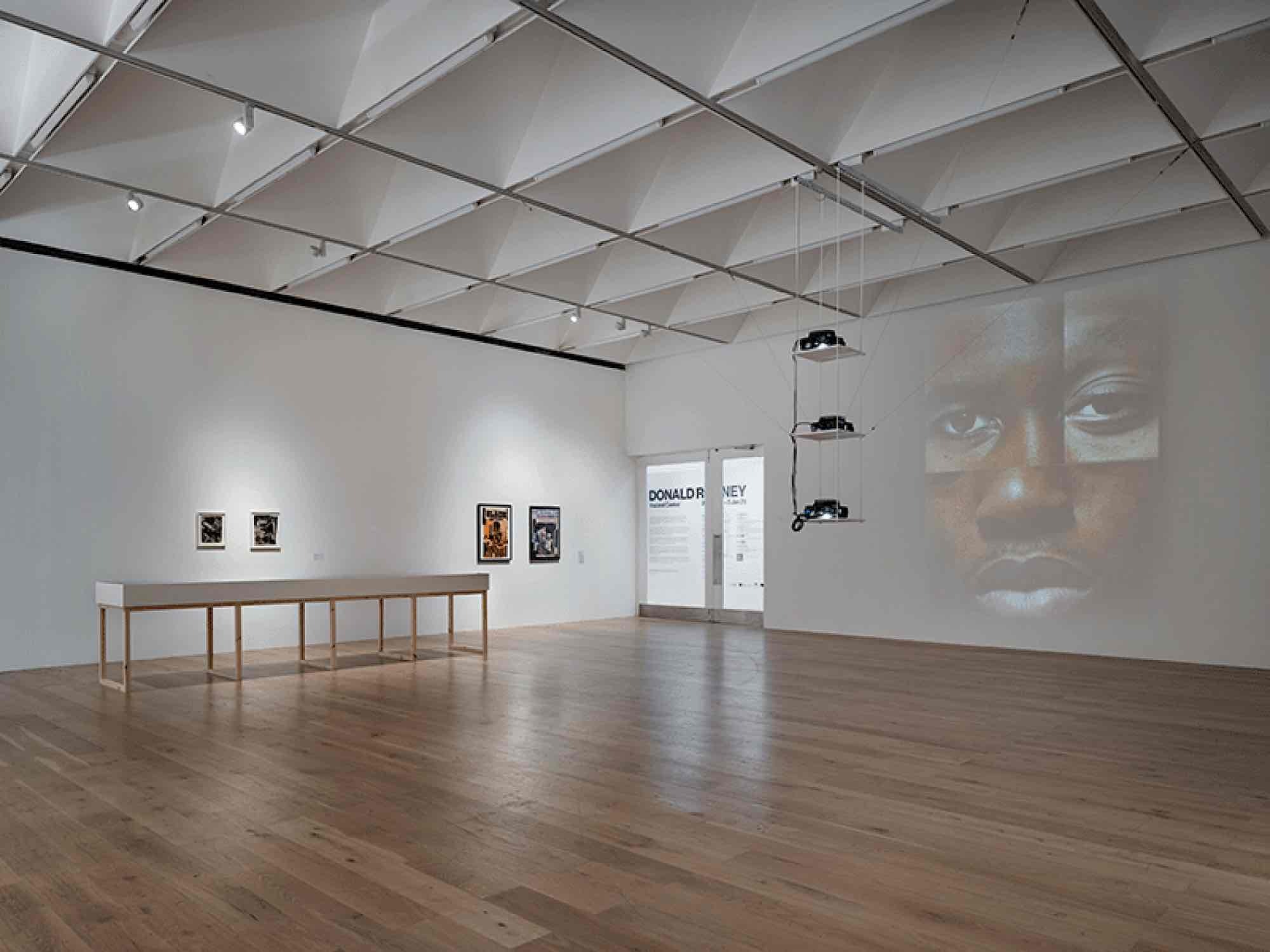
Donald Rodney: Visceral Canker installatiom view at Nottingham Contemporary, 2024. Photo: Lewis Ronald
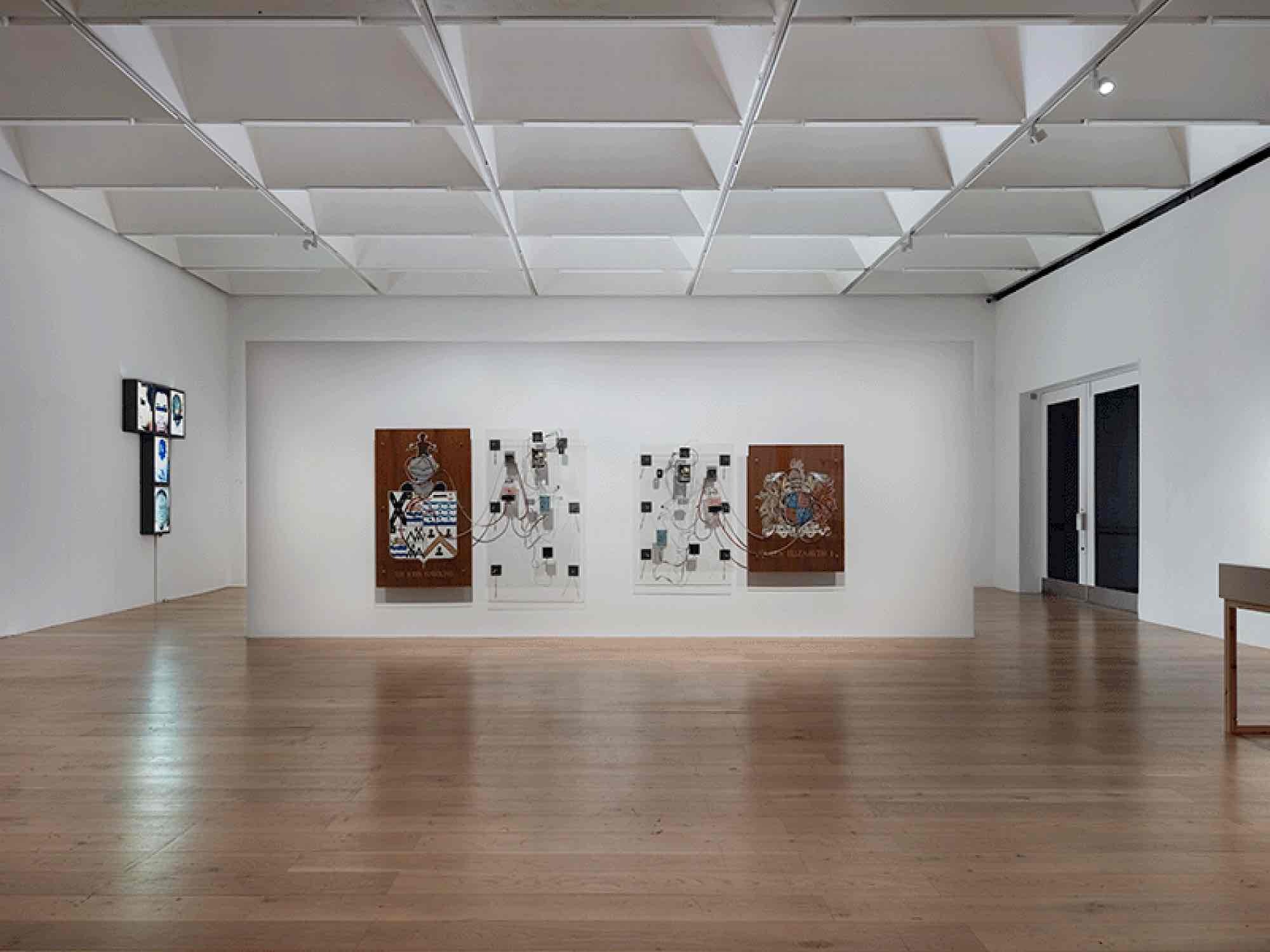
Donald Rodney: Visceral Canker installatiom view at Nottingham Contemporary, 2024. Photo: Lewis Ronald
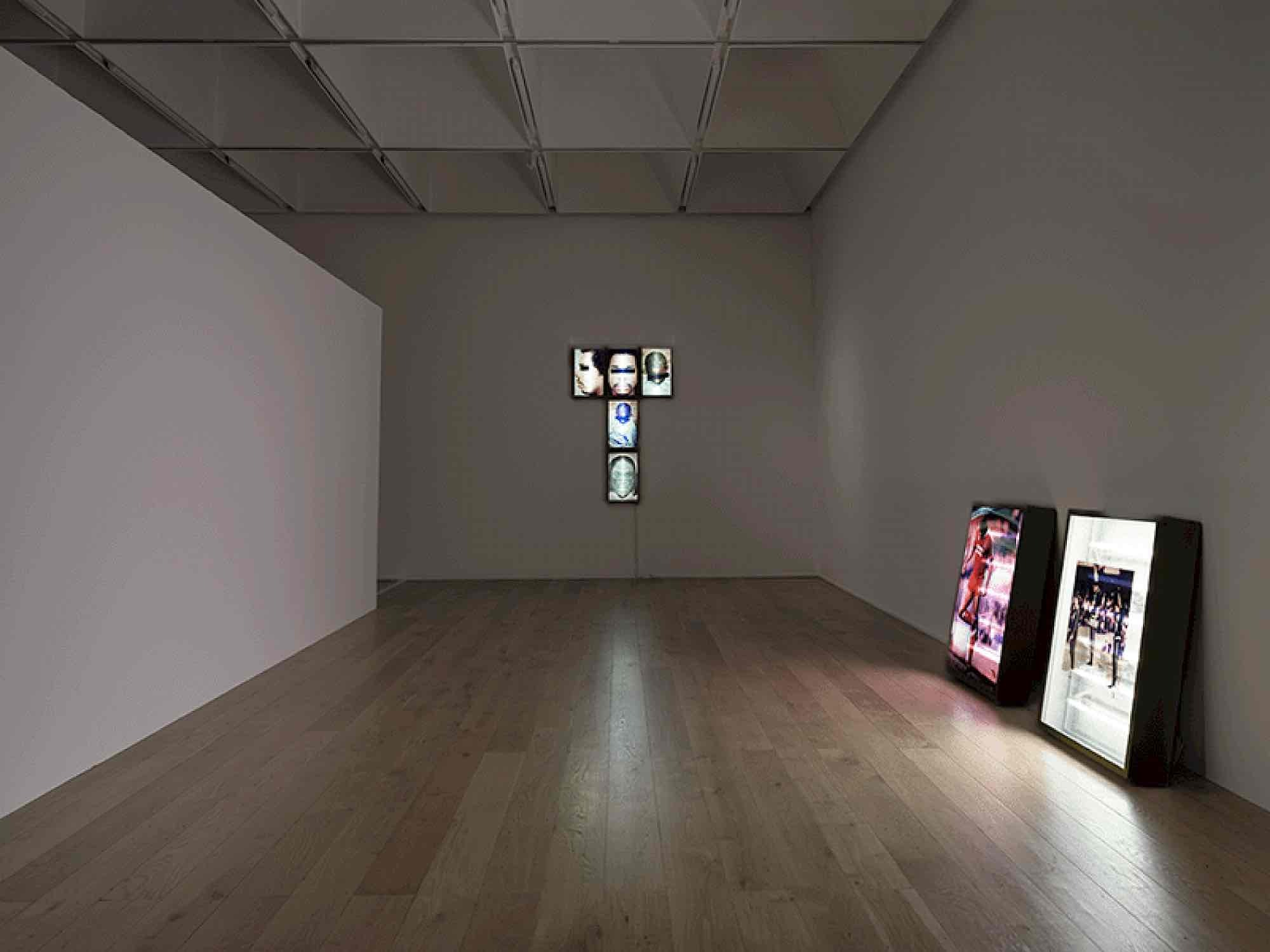
Donald Rodney: Visceral Canker installatiom view at Nottingham Contemporary, 2024. Photo: Lewis Ronald
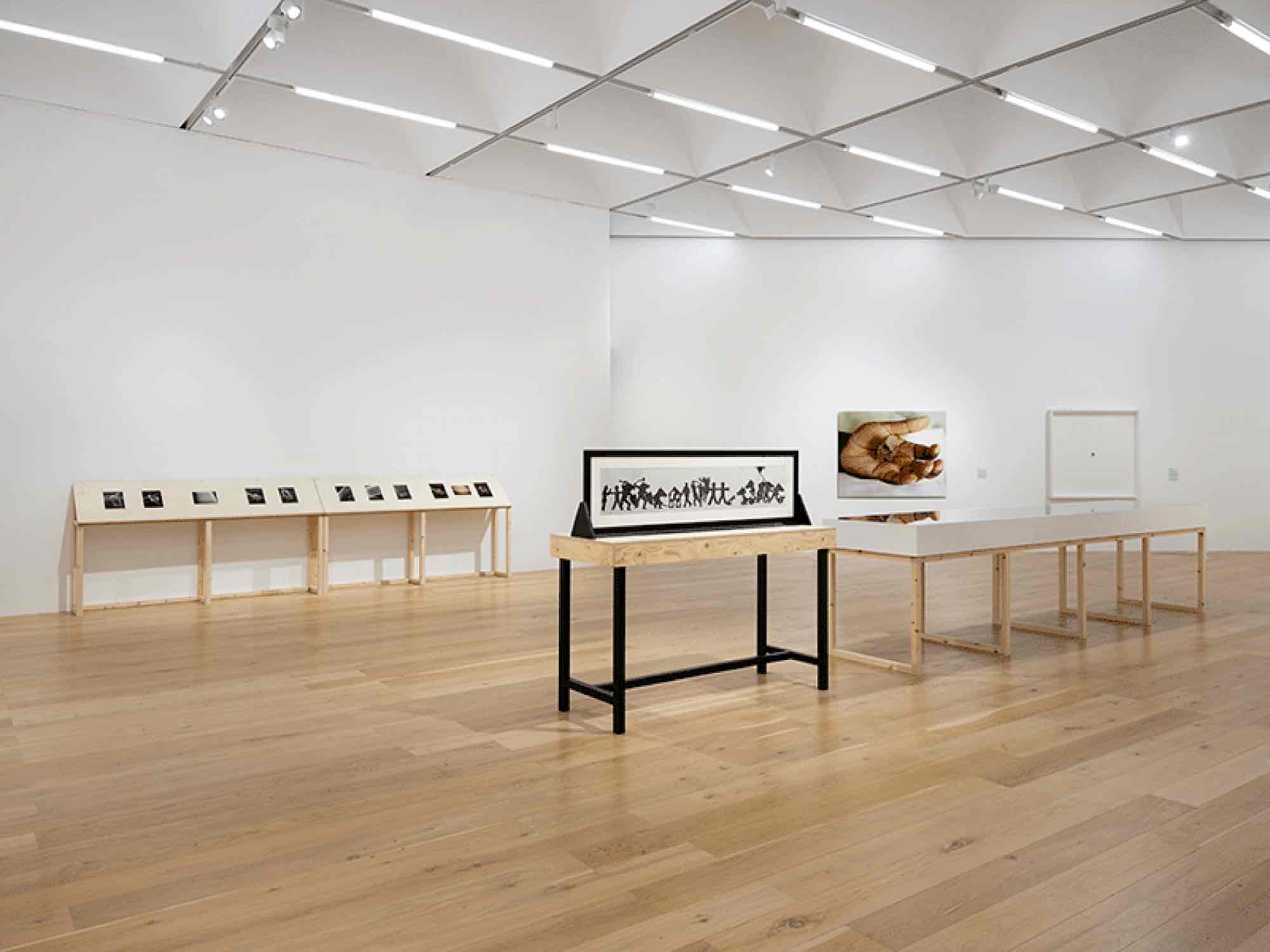
Donald Rodney: Visceral Canker installatiom view at Nottingham Contemporary, 2024. Photo: Lewis Ronald
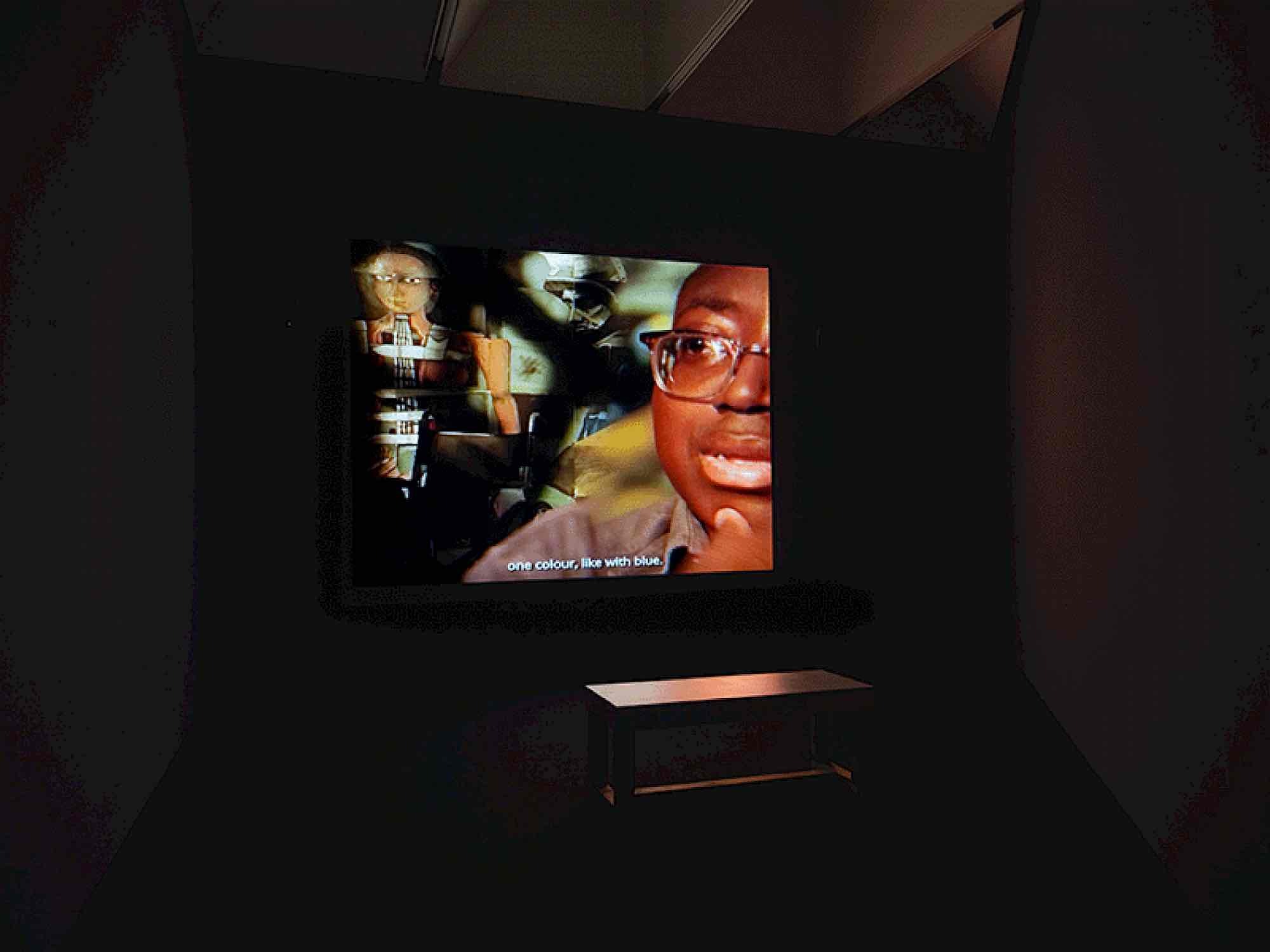
Donald Rodney: Visceral Canker installatiom view at Nottingham Contemporary, 2024. Photo: Lewis Ronald
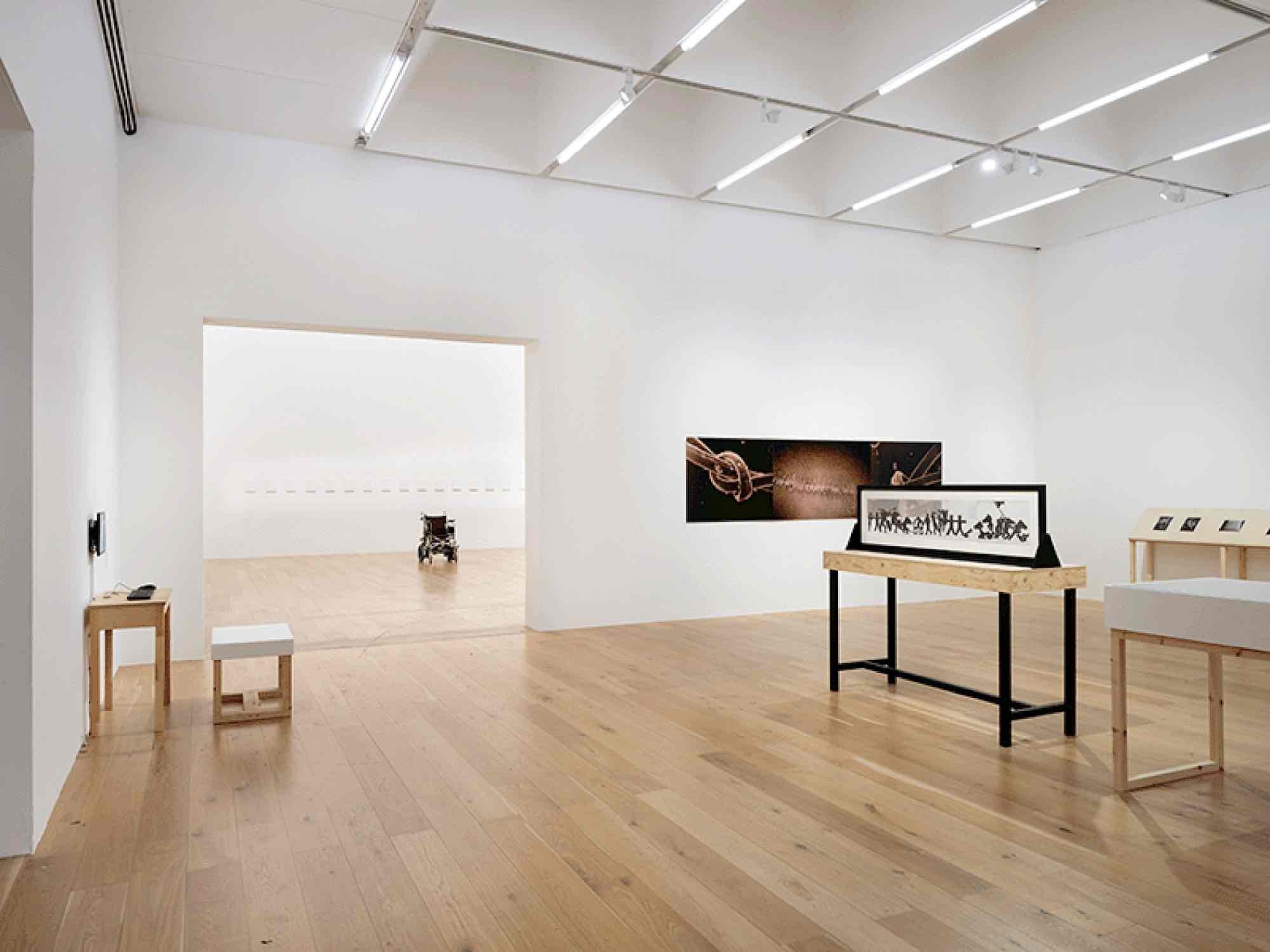
Donald Rodney: Visceral Canker installatiom view at Nottingham Contemporary, 2024. Photo: Lewis Ronald
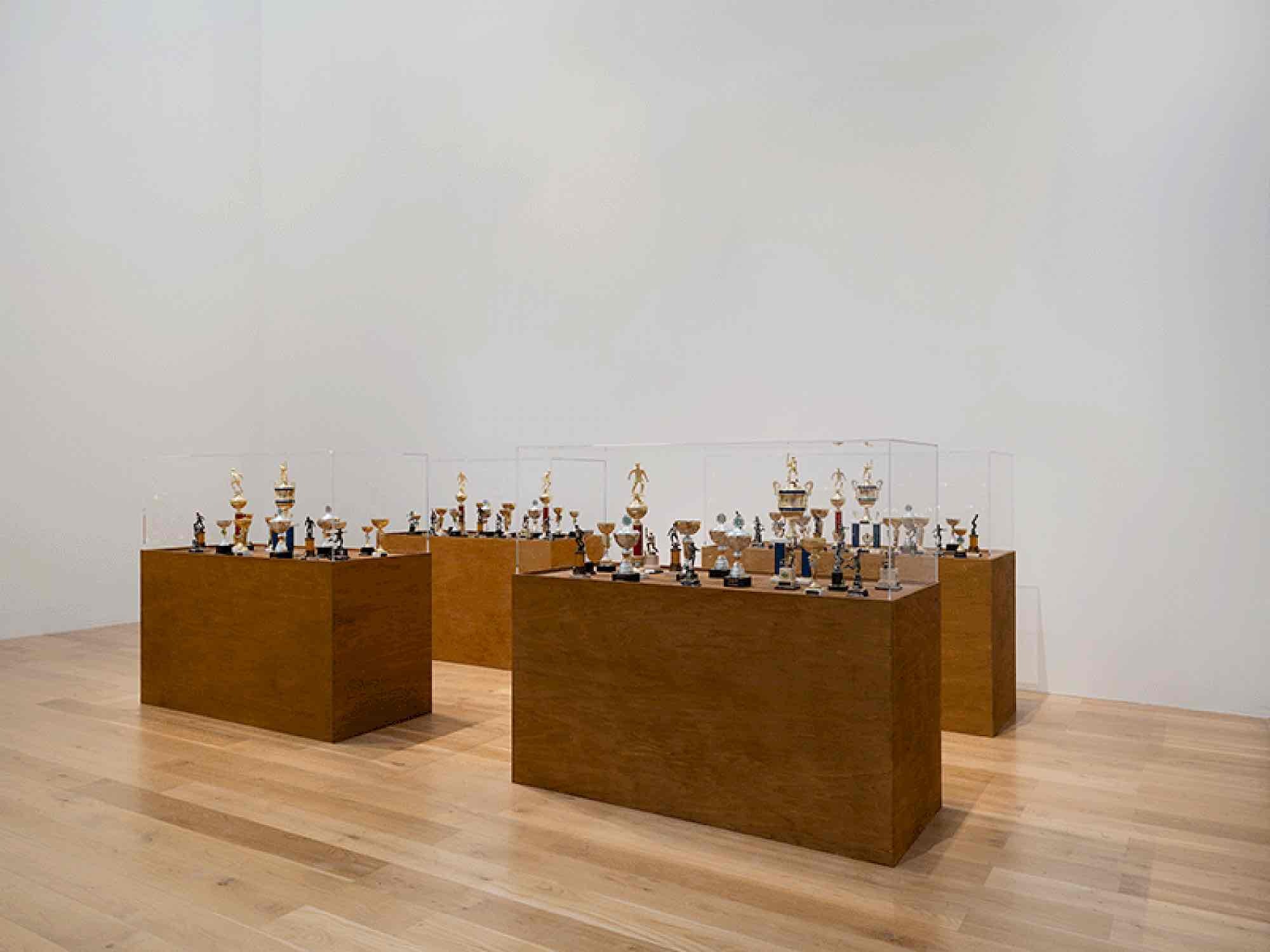
Donald Rodney: Visceral Canker installatiom view at Nottingham Contemporary, 2024. Photo: Lewis Ronald
Nottingham Contemporary presents a major survey exhibition of late British artist Donald Rodney (b. 1961, West Bromwich; d. 1998, London).
Rodney worked across sculpture, installation, drawing, painting, and digital media, experimenting with new materials and technologies throughout his life. His work is known for being incisive, acerbic, and evocative in its analysis of the prejudices and injustices surrounding racial identity, Black masculinity, chronic illness, and Britain's colonial past. Rodney was also a co-founding member of the BLK Art Group: an association of young Black artists formed in Wolverhampton in 1982.
Visceral Canker brings together almost all of Rodney's surviving works. This includes large-scale oil pastels on X-rays, kinetic and animatronic sculptures, and restaged installations, as well as sketchbooks and rare archival materials, spanning 1982 to 1997. Also on display is Autoicon (1997– 2000), an interactive digital artwork initiated by Rodney and finalised by a group of his close friends after he died from sickle cell anaemia in 1998. Loans are supported by the Weston Loan Programme with Art Fund, the first ever UK-wide funding scheme to enable smaller and local authority museums to borrow works of art and artefacts from national collections
Rodney suffered from sickle cell throughout his life. This meant persistent pain, regular invasive treatments, and increasing immobility. Although these were extremely challenging experiences, Rodney often incorporated them directly into his work as metaphors for the illnesses and injustices of society at large. This is evident in works such as Flesh of My Flesh (1996), a photographic triptych that includes a close-up of a raised scar on Rodney’s thigh; and My Mother, My Father, My Sister, My Brother (1997), a tiny maquette of a house made from pins and his own skin.
Visceral Canker aims to introduce a new generation of audiences to Rodney’s life and work, cementing his place as a vital figure in British art. The title comes from a 1990 work by the artist, which comprises two wooden plaques displaying heraldic images, linked together by a system of medical tubes that pump theatrical blood. It exemplifies both the viscerality of Rodney’s work and politics, and his persistent scrutiny of the canker, or disease, at the heart of society: in this case specifically, how the inhumanity of Britain’s colonial history continues to structure life today.
Nottingham was a key location in Rodney’s education - he studied on the BA Fine Art course at Trent Polytechnic, now Nottingham Trent University (NTU), from 1981 – 1985. This period was especially formative, seeing a shift from an early painting practice to a more experimental approach across a range of media, becoming deeply engaged with the social and political context of the time. The exhibition at Nottingham Contemporary will be accompanied by an archival display of material from Rodney’s time in Nottingham, displayed in the Bonington Vitrines at Bonington Gallery in NTU’s art and design building.
The exhibition is curated by Gasworks Director Robert Leckie and Spike Island Director Nicole Yip. It is presented in partnership with Spike Island and Whitechapel Gallery.
Rodney worked across sculpture, installation, drawing, painting, and digital media, experimenting with new materials and technologies throughout his life. His work is known for being incisive, acerbic, and evocative in its analysis of the prejudices and injustices surrounding racial identity, Black masculinity, chronic illness, and Britain's colonial past. Rodney was also a co-founding member of the BLK Art Group: an association of young Black artists formed in Wolverhampton in 1982.
Visceral Canker brings together almost all of Rodney's surviving works. This includes large-scale oil pastels on X-rays, kinetic and animatronic sculptures, and restaged installations, as well as sketchbooks and rare archival materials, spanning 1982 to 1997. Also on display is Autoicon (1997– 2000), an interactive digital artwork initiated by Rodney and finalised by a group of his close friends after he died from sickle cell anaemia in 1998. Loans are supported by the Weston Loan Programme with Art Fund, the first ever UK-wide funding scheme to enable smaller and local authority museums to borrow works of art and artefacts from national collections
Rodney suffered from sickle cell throughout his life. This meant persistent pain, regular invasive treatments, and increasing immobility. Although these were extremely challenging experiences, Rodney often incorporated them directly into his work as metaphors for the illnesses and injustices of society at large. This is evident in works such as Flesh of My Flesh (1996), a photographic triptych that includes a close-up of a raised scar on Rodney’s thigh; and My Mother, My Father, My Sister, My Brother (1997), a tiny maquette of a house made from pins and his own skin.
Visceral Canker aims to introduce a new generation of audiences to Rodney’s life and work, cementing his place as a vital figure in British art. The title comes from a 1990 work by the artist, which comprises two wooden plaques displaying heraldic images, linked together by a system of medical tubes that pump theatrical blood. It exemplifies both the viscerality of Rodney’s work and politics, and his persistent scrutiny of the canker, or disease, at the heart of society: in this case specifically, how the inhumanity of Britain’s colonial history continues to structure life today.
Nottingham was a key location in Rodney’s education - he studied on the BA Fine Art course at Trent Polytechnic, now Nottingham Trent University (NTU), from 1981 – 1985. This period was especially formative, seeing a shift from an early painting practice to a more experimental approach across a range of media, becoming deeply engaged with the social and political context of the time. The exhibition at Nottingham Contemporary will be accompanied by an archival display of material from Rodney’s time in Nottingham, displayed in the Bonington Vitrines at Bonington Gallery in NTU’s art and design building.
The exhibition is curated by Gasworks Director Robert Leckie and Spike Island Director Nicole Yip. It is presented in partnership with Spike Island and Whitechapel Gallery.
